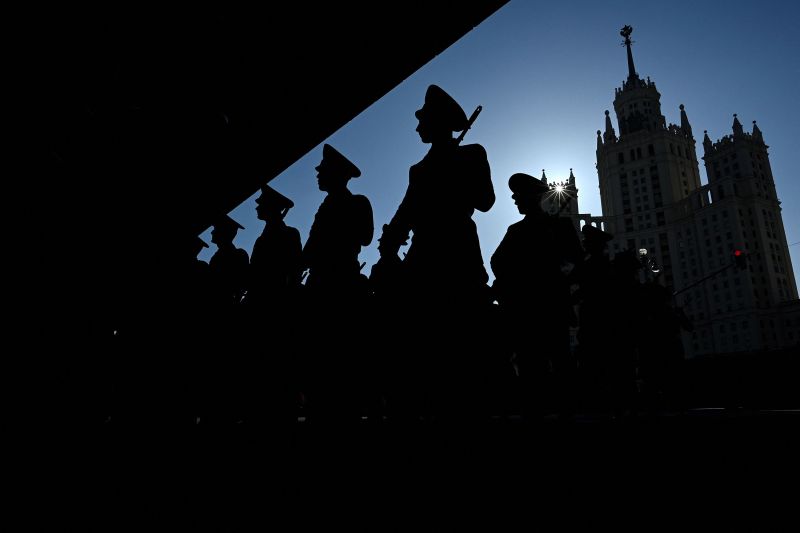Russian lawmakers have recently moved to penalize soldiers who use smartphones while on the Ukrainian battlefields, an act seen to compromise national security amid the ongoing unrest. This campaign comes as Russia continues to face off with the pro-Western country, in a conflict that taps into broader geopolitical tensions between Russia and the West.
Russian troops’ dependence on smartphones has considerably increased over the years, reflecting a global trend within military organizations. These devices, while helpful in facilitating convenient communication, may provide a rich reserve of information if fallen into the wrong hands, often leading to security compromises. Smartphone usage on the battlefield, particularly for accessing social media platforms and other communication channels, makes for operational security risks that could endanger not just individual soldiers, but whole missions.
In realizing the seeping threats that come with unchecked smartphone usage on battlefields, Russian lawmakers have suggested implementing stringent measures. A draft law, constructed to address this issue, proposes punishments that range from disciplinary action to disqualification from serving for those found guilty of misuse of communication devices at the frontlines.
This move is not entirely a novel concept. The placement of restrictions on soldiers’ use of smartphones has been explored by other nations, including the United States, which banned the use of mobile phones in operational areas in 2018. However, the move by Russian lawmakers demonstrates an acknowledgment of the modern battlefield circumstance where communication technology plays a pivotal role but also presents significant risks.
The restrictions on smartphone usage are aimed at curbing involuntary leakages of sensitive information onto public platforms, most times, social media. User-generated content in the form of check-ins, photographs, or status updates could inadvertently reveal troops’ locations, capabilities, weaknesses, strategies, and critical infrastructure, notably when geolocation services are in use. Social media platforms have, in the past, been used by adversaries to gather intelligence, a fact that is of major concern to Russian lawmakers.
Beyond that, linking personal devices to military computer systems may open these secure networks to cyber-attacks, which could be catastrophic in a battlefield situation. With the rise in cyber warfare, the security measures put in place aim to eliminate this possibility.
The Russian lawmakers’ intention to punish troops for smartphone usage in Ukraine battlefields is more than just reinforcing discipline within the ranks. Instead, it represents an attempt to keep up with rapidly changing warfare landscapes that have been disrupted by technological advancements. Navigating this balance between these advancements and security can be tricky. Still, developments like this proposed law show that militaries worldwide are increasingly taking the matter seriously.
While the stringent measures proposed to be put in place by the Russian lawmakers may face pushback, the imperative to protect critical information supersedes any opposition. The proposed law comes in response to an evolving battlefield that requires effective management of risks posed by modern communication tools.
This move by Russian lawmakers will undoubtedly stir discussions about regulating the use of technology on the battlefield. It will not only address current national security threats but also guide future global military strategies as they adapt to the evolving nature of warfare.




